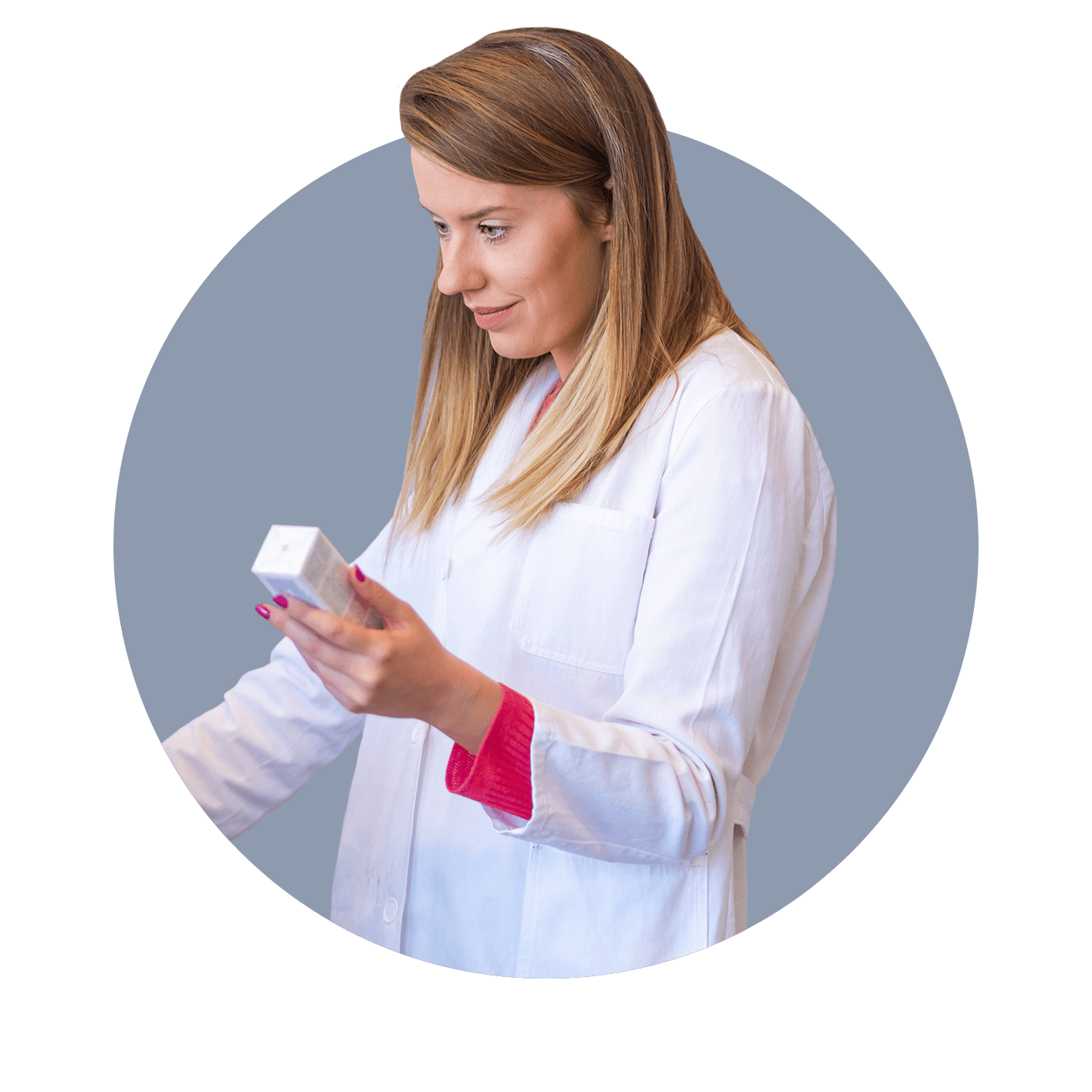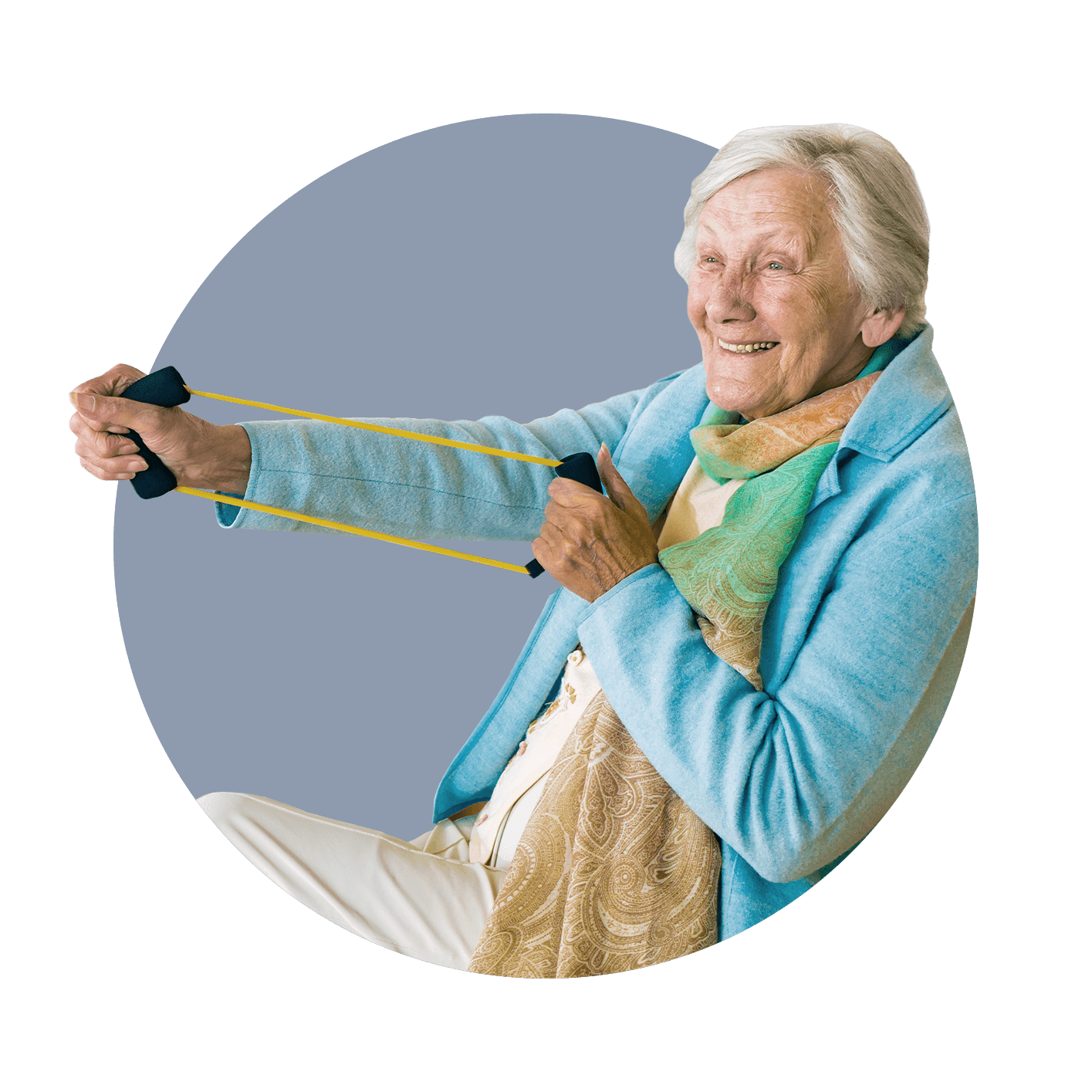New pharmacotherapy initiatives to support critical needs
Replacing a drug of dependence with a legally obtained prescribed drug helps to stabilise the lives of people living with opioid dependency, and reduces the harms related to drug use.
Related Tags

The Area 4 Pharmacotherapy Network
SEMPHN is the lead agency for the Area 4 Pharmacotherapy Network (A4PN). Together with Eastern Melbourne PHN, we aim to improve access to pharmacotherapy services in our catchment areas. We do this by providing:
- GP and Pharmacist peer-to-peer mentoring
- Addiction Medicine Specialist advice and secondary consultation
- Onsite RACGP-accredited education for GPs, practice staff and managers:
- the who, what, why and how of diagnosing opioid dependence and prescribing buprenorphine or naloxone
- about practice systems and policies, including Medicare billing
- small group learning meetings
- multidisciplinary community of practice events.
There are many benefits to pharmacotherapy, including how it:
- reduces drug cravings and withdrawal symptoms
- improves the physical and mental health of opioid dependent people
- decreases substance-related crime
- increases patients’ ability to gain and maintain employment.
A critical need
Despite training and ongoing support availability, of the 145 qualified prescribers we have in our catchment area, only about 45 actively provide pharmacotherapy.
Ten prescribers help 85 per cent of the pharmacotherapy patients in our catchment.
Over the past decade there has been a significant shift from the use of illicit drugs to prescription opioids An increasing number of drug overdoses are associated with prescription opioid medications. In response, Victoria introduced a real-time prescription monitoring system, ‘SafeScript,’ in 2018, and its use became mandatory by prescribers and pharmacists in April 2020. This coincided with the first increase in the need for support in years, as patients dependent on opioids were identified in increasing numbers.
The unprecedented demand on our healthcare system during COVID put further strain on pharmacotherapy services, as the need for support far outweighed supply. It’s also thought that the hardships experienced by many people due to the wide-ranging impacts of the pandemic may have resulted in an increased number of individuals seeking treatment for substance use disorder.
Doctors opting for early retirement during the pandemic had a disproportionate effect on pharmacotherapy, as our data shows that older GPs prescribe most opioid replacement treatment. Many of these GPs entered this field of practice as young doctors, however, current trends suggest that today’s younger doctors are hesitant to get involved in addiction medicine. Without intervention, we estimate that in 5-10 years, our workforces may ‘age out’ and disappear altogether.
There are fewer GPs available to take on new patients. This problem is worse in outer suburbs and regional areas, where consumers can wait weeks or travel hours for treatment.
We need more accredited doctors to get involved as demand for opioid treatment surges.
Redressing the gap
A4PN dedicated 2021-22 to developing projects that specifically address the dwindling number of practitioners who prescribe medication to treat opioid addiction.
We are also launching pilot programs that aim to redress the gap between accredited and active providers to ensure that once accredited, practitioners have the skills, resources, and support to confidently provide pharmacotherapy.
Major initiatives in development
Nurse Practitioner Pilot program: Nurse practitioners are a highly skilled and willing group of clinicians who have been underutilised in pharmacotherapy due to financial barriers. We developed a subsidised pilot program with a model where nurse practitioners can viably provide much-needed support to our most overworked clinics.
Placement program: We are planning to pilot a new clinical placement program, where newly accredited practitioners can gain on-the-ground experience in a high-volume clinic with the support of an experienced provider. The program will also include the opportunity for the practitioner to work beyond the initial placement as an in-clinic prescriber, nurturing their opioid replacement therapy prescribing skills in a supportive environment.
Reimagined mentoring program: working with A4PN’s GP mentors, our latest programs expand beyond accredited providers. We aim to improve the likelihood of doctors taking on consumers who no longer have ‘acute’ needs. This has the added benefit of enabling people to have ongoing care with their regular GP rather than prolonging specialist care, or increasing the patient loads of already over-taxed accredited prescribers. The program will also help to dispel myths and prevailing stigma as support is normalised.
These three A4PN pilot programs are due to launch in the next financial-year.
Up next:
Keep on moving! Exercise program helps people in aged care stay active during COVID lockdowns
Older people living in Residential Aged Care Facilities (RACFs) were hugely impacted by COVID-19 and lockdowns. One silver lining to arise from the gloom was an exercise program that helped residents in 33 RACFs in mostly disadvantaged areas of south east Melbourne.





